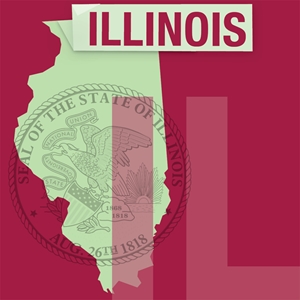
On the heels of a warning from the Coalition Against Insurance Fraud about navigators posing as legitimate government workers comes a similar caution from the Illinois Department of Insurance.
The IDOI noted that should residents opt for enrolling in coverage through the state-based health exchange rather than their employee benefits, they should do so cautiously and not make their financial information known to people who are selling themselves as navigators. While most of these health insurance workers are, in fact, employed by the government, some are trying to bilk unsuspecting consumers by supplying them with a health plan that doesn't exist. Additionally, some may ask for their personal information, such as their Social Security number, credit card data or bank account identification.
IDOI indicated that there are several ways in which to tell if a navigator is bogus. One of the main ones is if a navigator calls one's home out of the blue. Additionally, a major red flag is if they say that a particular service comes with a cost, as real navigators will never charge consumers for anything and will most certainly not ask for personal information.
Because legitimate navigators or going door-to-door, informing Americans about the health exchanges, there's a chance they might see one in person. In these instances, IDOI recommended looking for official identification, such as government seals, logos or emblems. If they have a tag that looks unfamiliar, shut the door and walk away.
In early September, the CAIF issued a national alert about the potential for scammers coming out of the woodwork with the health insurance exchanges opening. There haven't been any official reports of how frequently these incidents have occurred since the exchanges officially opened on Oct. 1.





